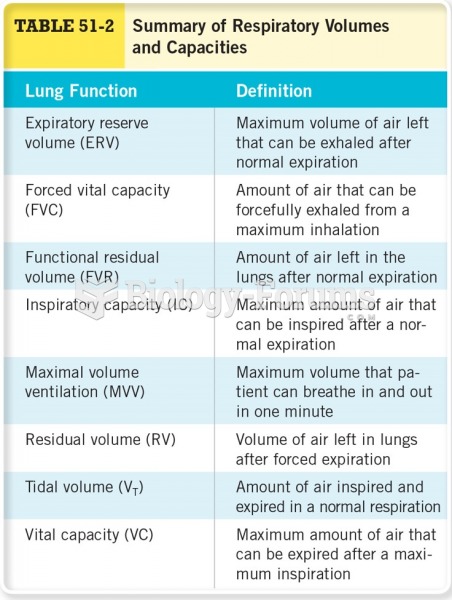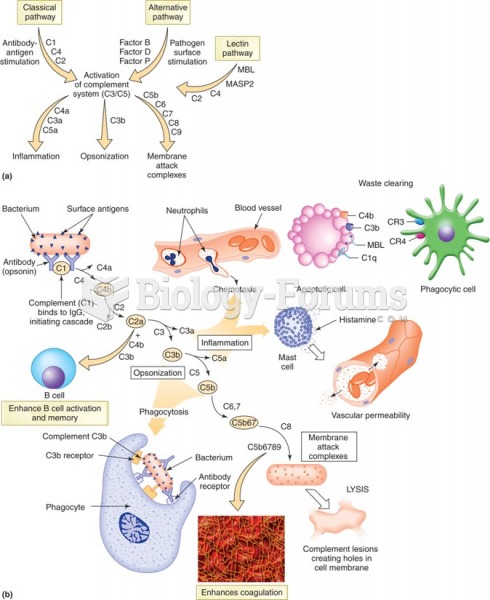|
|
|
In Eastern Europe and Russia, interferon is administered intranasally in varied doses for the common cold and influenza. It is claimed that this treatment can lower the risk of infection by as much as 60–70%.
There are more sensory neurons in the tongue than in any other part of the body.
Illicit drug use costs the United States approximately $181 billion every year.
Though the United States has largely rejected the metric system, it is used for currency, as in 100 pennies = 1 dollar. Previously, the British currency system was used, with measurements such as 12 pence to the shilling, and 20 shillings to the pound.
When taking monoamine oxidase inhibitors, people should avoid a variety of foods, which include alcoholic beverages, bean curd, broad (fava) bean pods, cheese, fish, ginseng, protein extracts, meat, sauerkraut, shrimp paste, soups, and yeast.
 Sublingual medication administration. Photograph of a male patient placing a nitroglycerine tablet u
Sublingual medication administration. Photograph of a male patient placing a nitroglycerine tablet u
 The relationship of substrate con- version (as measured by optical density) to the amount of patient ...
The relationship of substrate con- version (as measured by optical density) to the amount of patient ...





